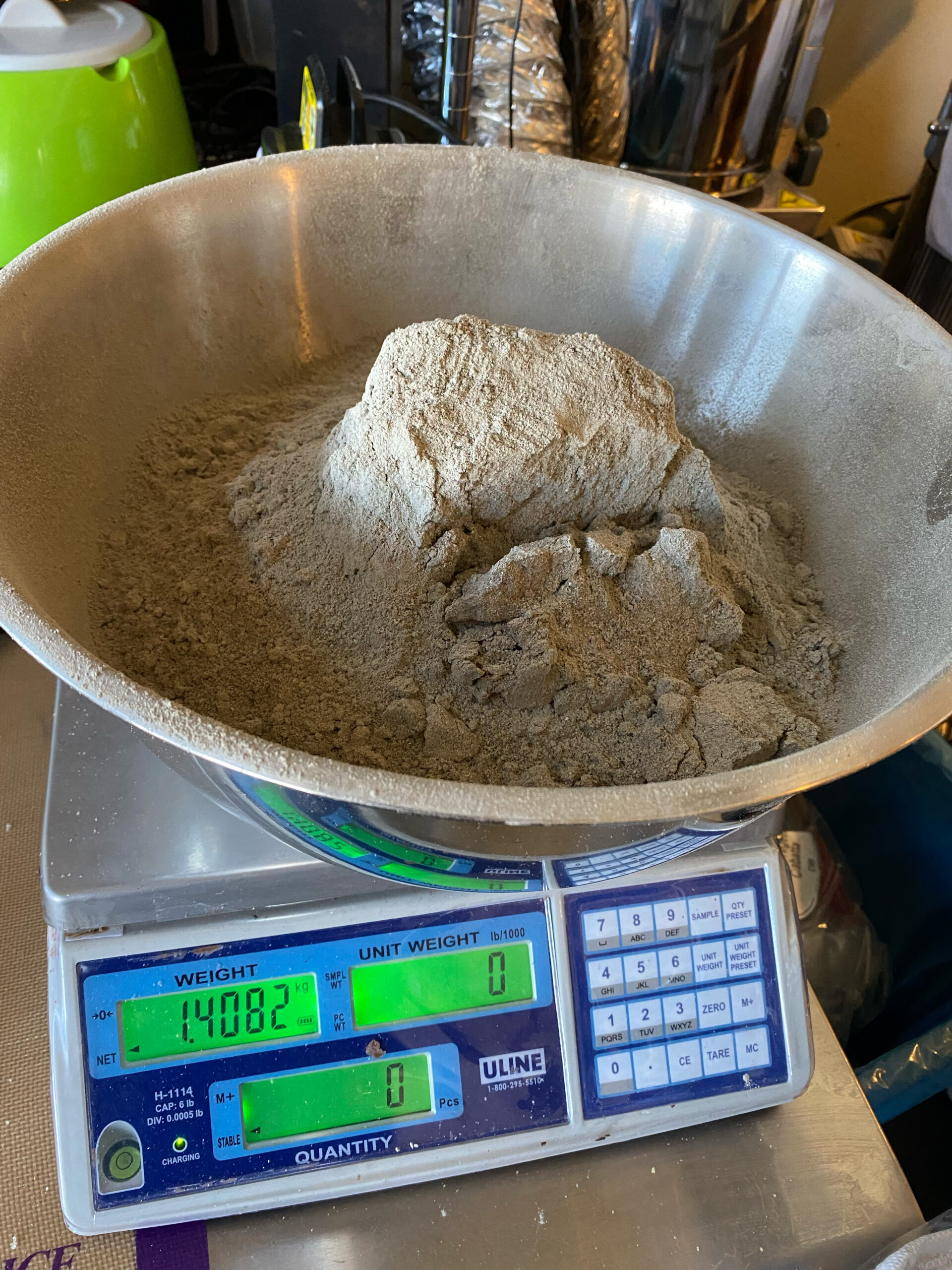THANK YOU!
We sincerely appreciate your generous donation to Entheology Project Inc. As a 508(c)(1)(a) non-profit religious organization, your donation is tax deductible. You will receive an email confirmation for your records, which can be used for tax purposes. Your support helps us continue our mission and make a meaningful impact!
Billing Information
Your credit card will be billed under "Entheology Project Inc." with the description "Donation." If you have any questions or need further assistance, please do not hesitate to contact us. Thank you once again for your support!
Best Regards,
EP Support
info@entheo.info
Looks like there was a problem processing donation.
Ensuring Worker Health in the Mushroom Manufacturing Industry
By Rev

A Closer Look at Industry Worker Safety
Introduction
As the demand for psilocybin mushrooms escalates in both recreational and medicinal sectors, mushroom cultivation has emerged as a growing industry. A crucial aspect of this process is the pulverization of mushrooms, which, without the use of proper ventilation and protective gear, can pose severe health risks to workers. This article delves into the hazards related to inadequate ventilation and protective gear in mushroom cultivation and provides actionable recommendations for enhancing workplace safety.
Understanding the Dangers
Mushroom spores, widely recognized as common allergens, can trigger a spectrum of respiratory symptoms and conditions, including hypersensitivity pneumonitis (HP), asthma, and chronic bronchitis. The long-term exposure to spores may precipitate chronic respiratory conditions, profoundly impacting workers’ quality of life. The pulverization process significantly contributes to the risk, producing considerable dust that contains mushroom spores and other particulates. When inhaled, this dust can irritate the eyes, nose, and throat and induce respiratory symptoms like coughing, wheezing, and breathlessness.
Strategies for Safe Practices
The key to curtailing exposure risks to mushroom spores and other particulate matter lies in implementing effective ventilation and protective gear in the workspace. Here are some best practices for a safe working environment:
- Ensuring Well-Ventilated Workspace: A well-ventilated workspace helps lower the airborne concentration of allergens and spores. An air filtration system can significantly aid in removing these hazardous particulates from the air.
- Providing Suitable Personal Protective Equipment (PPE): PPE, comprising respiratory masks, gloves, and safety goggles, is instrumental in shielding workers from mushroom spores and other allergens.
- Utilizing Sealed Containers for Pulverizing: The containment of dust and spores during pulverization within sealed containers is an effective strategy for reducing exposure risks.
- Instituting Rigorous Clean-up Practices: Post-pulverization clean-up is crucial to eliminating any residual dust or spores. This should include wiping down surfaces with a damp cloth and using a HEPA filter vacuum to clean the area.
- Facilitating Regular Health Screenings: Regular health checks can facilitate early detection of respiratory conditions, preventing them from exacerbating.
Conclusion
Mushroom cultivation represents a burgeoning industry, but worker health and safety must not be compromised. While prolonged exposure to mushroom spores and other particulates can trigger significant respiratory conditions, the strategic implementation of proper ventilation and protective gear can mitigate these risks. By adhering to these safety recommendations, mushroom cultivators can foster a safe and sustainable industry while prioritizing their workers’ health.
Sources:
- Tanaka, H., et al. (2001). Three-year follow-up study of allergy in workers in a mushroom factory. Respiratory Medicine, 95(12), 943-948.
- National Institute for Occupational Safety and Health. (2011). Health effects of occupational exposure to fungi. Retrieved from https://www.cdc.gov/niosh/topics/fungal-diseases/default.html
- Occupational Safety and Health Administration. (n.d.). Safety and health topics: Fungi. Retrieved from https://www.osha.gov/SLTC/fungi/
- https://pubmed.ncbi.nlm.nih.gov/11778790/
- Magic-Mushroom-Seekers-Guide-by-EP-v4 (Position: 1803)



 Your payment is protected
Your payment is protected